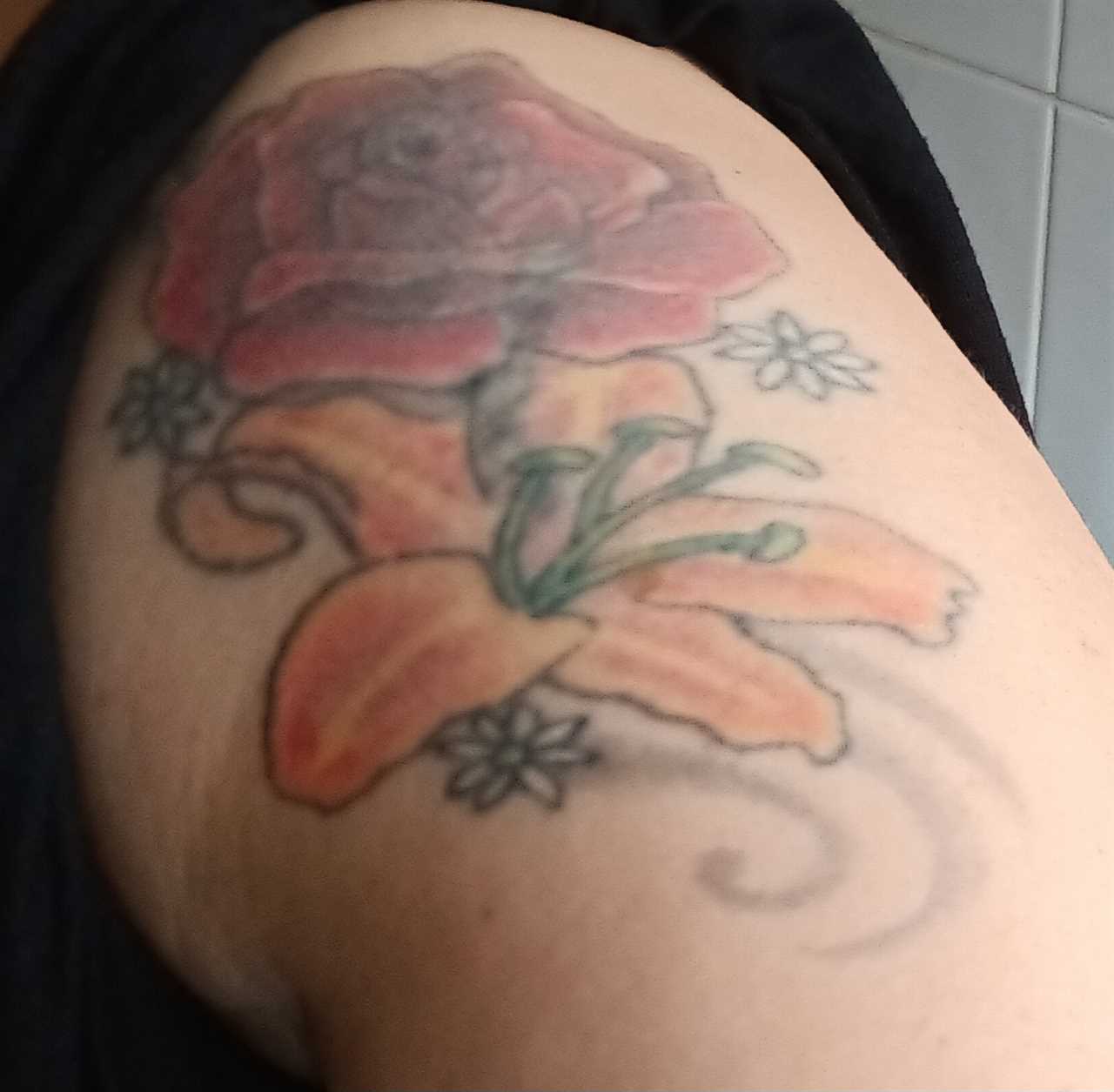
In a world where body art is increasingly prevalent, a new study from the University of Southern Denmark raises concerns about a possible association between tattoos and an elevated risk of blood cancers, including lymphoma. Melanie Rushforth's poignant story of battling lymphoma while adorned with meaningful tattoos unveils a complex interplay between personal expression and unforeseen health implications.
The wider context: Unravelling the Tattoo-Cancer Conundrum
As Melanie navigates her lymphoma diagnosis, the revelation of a potential connection between her beloved tattoos and cancer risk casts a shadow over the allure of body art. The study's findings, spanning decades of health data analysis, suggest a significant increase in lymphoma risk for those with extensive tattoos, sparking a crucial debate on the long-term consequences of tattooing.
Analytical lens: Exploring the Mechanisms Behind Tattoo-Induced Cancer
Assistant Professor Signe Bedsted Clemmensen's research sheds light on the intricate mechanisms that might underpin the purported link between tattoos and cancer. From the accumulation of tattoo ink in lymph nodes to the inflammatory response triggered by foreign substances, the study underscores the urgent need for further investigation into the potential health impacts of tattooing.
Expert insight: Navigating Uncertainties in Cancer Risk
Dr. Rachel Orritt's cautionary stance from Cancer Research UK emphasises the complexity of studying tattoo-related cancer risks, urging for more comprehensive research to draw definitive conclusions. The delicate balance between personal choice and informed decision-making in light of emerging health concerns underscores the nuanced landscape of body modification and its potential repercussions.

Reflective perspective: Reimagining Body Art and Health Consciousness
Melanie's poignant journey, marked by a poignant decision to forgo post-cancer tattoos, encapsulates a profound shift in perspective. The symbolic phoenix tattoo, once a beacon of strength and resilience, now stands as a poignant reminder of the intricate relationship between self-expression and well-being, prompting a broader societal dialogue on the intersection of body art and health awareness.
As individuals grapple with the evolving landscape of tattoo culture and its implications, Melanie's story serves as a poignant reminder of the multifaceted considerations surrounding body art and its potential impact on health outcomes. In a world where personal choices intersect with unforeseen consequences, the quest for informed decision-making and holistic well-being remains ever more paramount.






